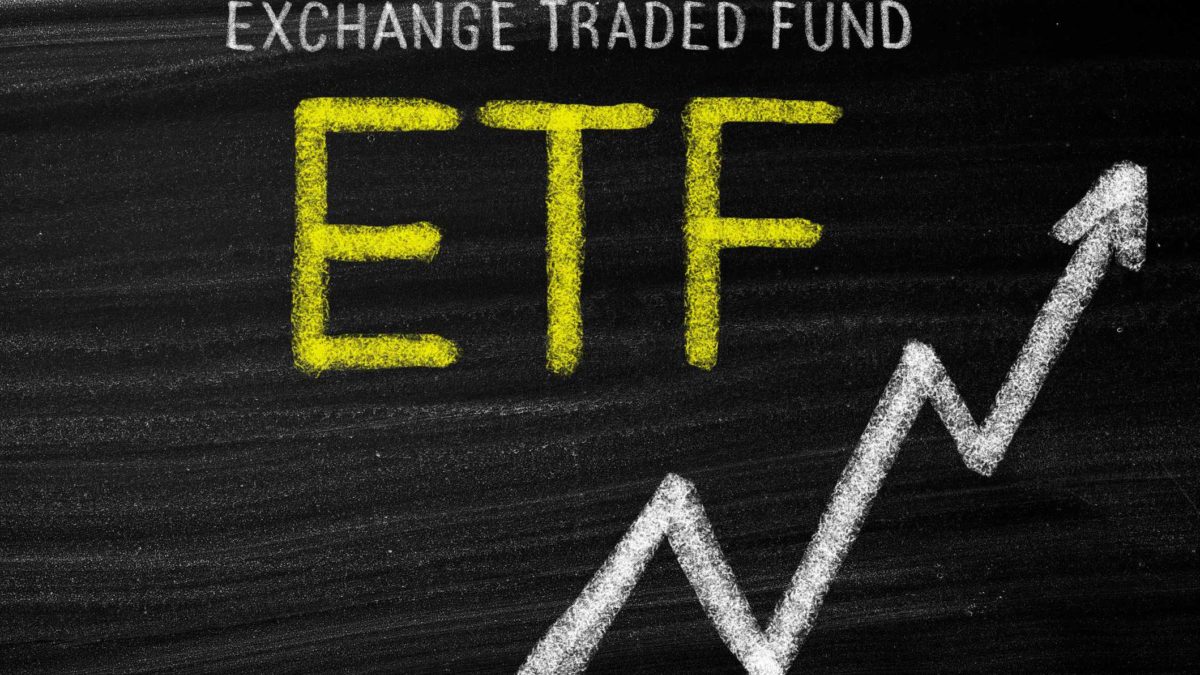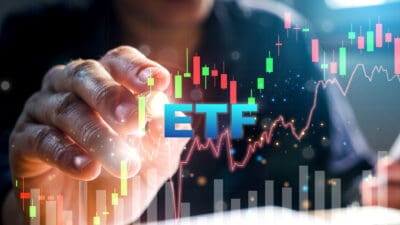Exchange-traded funds (ETFs) can be an effective way for investors to get exposure to a region or sector of the share market.
Technology businesses are often the businesses that are creating the products of 'tomorrow', so it might beneficial to get exposure to that sector. These two ETFs are potential options:
Betashares Nasdaq 100 ETF (ASX: NDQ)
This investment is about giving investors exposure to 100 of the largest businesses on the NASDAQ. This is a stock exchange in the US.
You'll find many of the world's most well-known tech companies in this portfolio including Apple, Microsoft, Amazon.com, Facebook, Alphabet, Tesla, Nvida, PayPal, Adobe and Netflix.
But this ETF is more than just a tech ETF. It has plenty of other global leaders in its portfolio like PepsiCo, Costco, Mondelez, Moderna and Kraft Heinz.
As a group, the NASDAQ 100 has performed strongly, even after the management fee of 0.48% per annum.
Over the prior five years, the Betashares Nasdaq 100 ETF has produced an average return of 26.4% per annum. That's higher than the long-term average return of 10% per annum.
This could be an effective way to diversify ASX-focused portfolios considering almost half of the NASDAQ 100 is weighted to technology businesses, whilst technology only accounts for a single digit percentage on the ASX.
Investors also get a lot of global diversification from the underlying earnings. Businesses like Microsoft and Facebook generate earnings from almost every country in the world.
Betashares Asia Technology Tigers ETF (ASX: ASIA)
This is an ETF where the idea is for investors to be able to get exposure to many of the biggest technology businesses in Asia, outside of Japan.
It has a total of 50 holdings. You may have heard of some of the largest portfolio allocations including: Tencent, Samsung, Taiwan Semiconductor Manufacturing, Alibaba, Meituan, Pinduoduo, JD.com, Sea, Infosys and Netease.
It's not just the West that gives exposure to large tech businesses that have involvement in things like e-commerce, cloud computing, semiconductors and artificial intelligence. Asia has those businesses too.
Almost three quarters of the portfolio is invested in businesses that are listed in China and Taiwan. Another fifth is allocated to South Korean companies. The only other meaningful country allocation is a 5.7% position in Indian businesses.
The annual management fee of this ETF is 0.67% per annum. Despite the fee, since inception in September 2018, the ETF has delivered an average net return per annum of 30.5%.
However, past performance is no guarantee of future performance.









